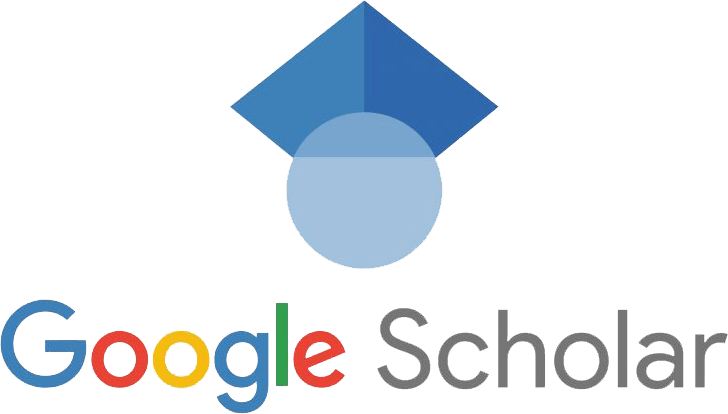Enfoque y Alcance
Focus and Scope:
The IDGIP (Investigación en Desarrollo y Gerencia Integral de Proyectos) journal is dedicated to publishing research results, primarily in the form of research articles. IDGIP defines these as original, unpublished work that has been evaluated and endorsed by peers as a significant contribution to knowledge in the field, and that has been published in scientific, technological, or academic journals as a result of research, reflection, or review processes (COLCIENCIAS, 2017). This publication's primary objective is to promote and enhance the generation of new knowledge, both practical and theoretical, on subjects related to project development and management in Colombia and worldwide.
Types of research articles accepted (COLCIENCIAS, 2017):
- Scientific and technological research article.
- Reflection article.
- Review article.
- Short article.
- Case report.
- Topic review.
Letters to the Editor.
Articles not accepted:
- Editorial.
- Translations.
- Reflection documents not derived from research.
- Bibliographic review.
According to the classification established by the Organisation for Economic Co-operation and Development (OECD), the topics published in this journal fall within the Social Sciences area, the Economics and Business sub-area, and the Business and Management discipline.
Created by the Centre for Studies in Development and Comprehensive Project Management, this space offers a varied set of articles on all stages of the project life cycle and its management.
The main topics covered by this space include:
- Areas/topics related to the alignment, formulation, evaluation, execution and management of projects (initiation, planning, execution, monitoring and control, and closure); Literature reviews or state-of-the-art reviews; New theories; Applications; Case studies.
- Aligning, formulating, evaluating and executing projects, including (but not limited to):
- State of the art and culture of projects.
- Identification and analysis of factors for success and failure in project development.
- Identification/selection of projects.
- Project Management Office (PMO).
- Program management.
- Portfolio management.
- Change management.
- Organisational maturity.
- Environmental assessment.
- Economic and social assessment.
- Development projects (Logical Framework).
- Business models/analysis.
- Calls for proposals, competitions and tenders.
- Public-private partnerships (PPPs).
- Project maturity models.
- Contract management.
- Benefit management.
- o Techniques and tools.
- Other related topics.
- Project management (initiation, planning, execution, monitoring and control, and closure), for example:
- The state of the art and culture of project management.
- Identification and analysis of factors for success and failure in project management.
- Advanced topics in planning and control.
- Applicable norms/standards (PMI, Prince, IPMA, ISO, PMAJ, APM, etc.).
- Sequencing and scheduling of resources.
- Management of knowledge areas (e.g. risks, resources, quality, stakeholders, communications, scope, time/schedule, cost, procurement and integration).
- TOC and Critical Chain.
- Agile/Lean methods.
- Project management applied to different sectors (e.g. construction, energy, mining, hydrocarbons, logistics, manufacturing, services, finance, software and IT).
- Project management applied to different stakeholders (e.g. government, NGOs).
- o Knowledge management.
- Advanced probability and statistics and numerical modelling.
- o Techniques and tools.
- Interpersonal skills/abilities: communication, leadership, teamwork, negotiation, conflict resolution, effectiveness, results orientation, professionalism, ethics, creativity, innovation, cognitive skills, time management and decision-making.
- Other related topics.





